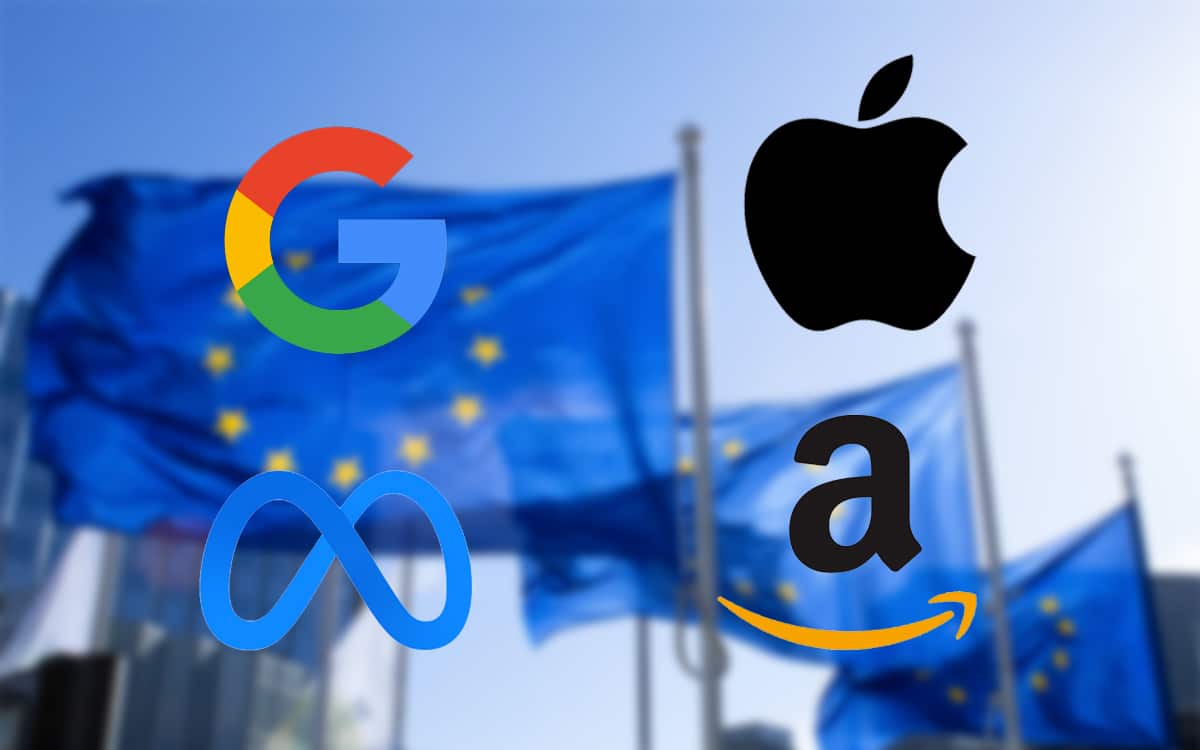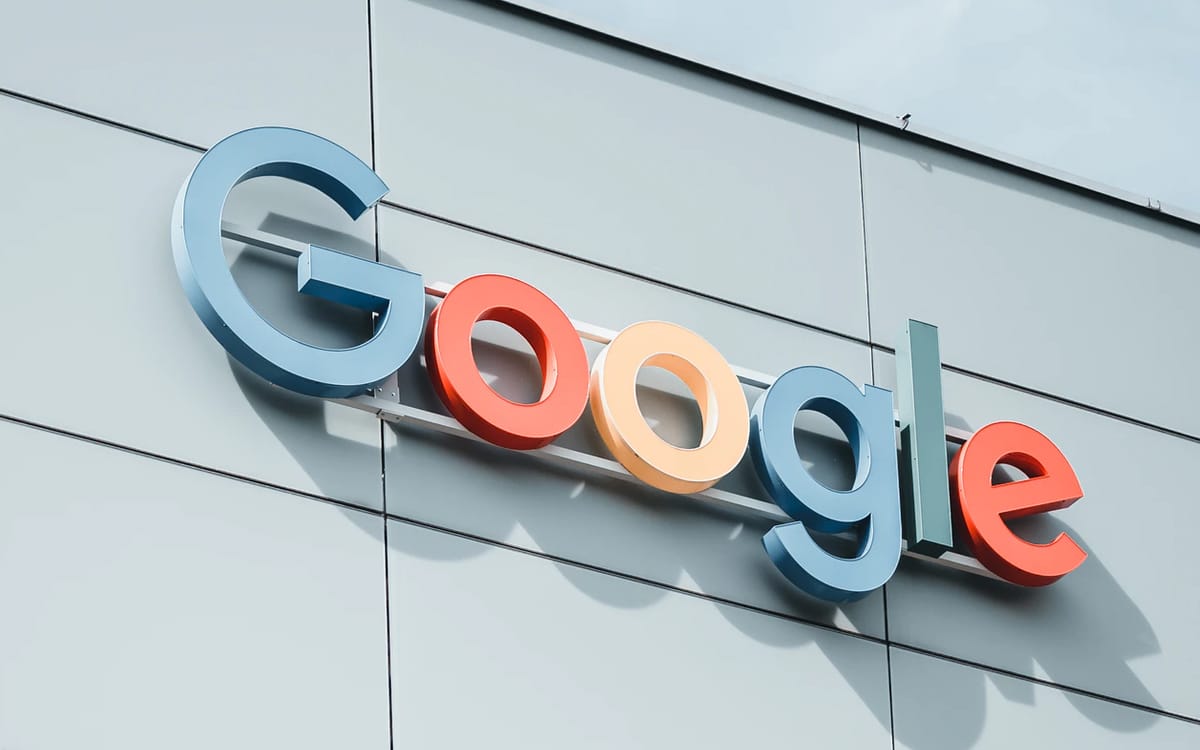
The European Union has decided to take matters into its own hands in order to fight against the anti-competitive practices of GAFAM. Yesterday, member states agreed on a list of rules which, once in force, will more strictly regulate the activities of digital giants. Control of redemptions, access to alternative stores, protection of personal data, we take stock of the measures announced.
The GAFAMs just have to watch out, Europe is watching the grain. Those who have been inflicted a considerable number of fines in recent years, without these seeming to have any real effect in the long term, will now have to face the response of the EU. Indeed, this Thursday, March 24, “the most important economic regulation of recent decades” as described by Cédric O, the French Secretary of State for Digital Affairs, was signed between the Parliament and the Commission of the Member States, following on from the American initiative last year.
The two institutions have indeed agreed on the new Digital Markets Act (DMA, the legislation that regulates digital markets) which particularly targets Google, Apple, Meta (Facebook), Amazon and Microsoft, as well as other platforms such as TikTok and Booking. From now on, finished distributing sanctions on a case-by-case basis which does not seem to shake those concerned. As of January 2023, the latter will have to comply with twenty rules under penalty of being penalized by the courts.
On the same subject: Emmanuel Macron wants the creation of a European metaverse
Europe takes the bull by the horns to fight against GAFAM
First, each business takeover by a GAFAM will be examined scrupulously by the European Commission, which will be responsible for ensuring that the transaction is not intended to silence competition. Difficult indeed not to have this fear in the face of the recent acquisition of Activision-Blizzard by Microsoft, which turned the world of video games upside down at the start of the year.
Moreover, the digital giants will no longer have the right to promote their own services to the detriment of those of the competition. Google and Meta, in particular, regularly receive fines of several million euros for promoting their own advertising networks within their respective search engines. Same observation for application stores. Starting next year, Google, Apple and Microsoft will have to host alternative shops on their operating systems.
Along the same lines, publishers will no longer have the right toimpose pre-installed software, as found on iOS and Android. In addition, the European Union wishes to continue the efforts established with the GDPR by better protecting the personal data of users. To do this, the GAFAMs will have to obtain their consent to use their data from third-party platforms for advertising purposes. Moreover, they will no longer be able to use the data collected by their services on competing companies for strategic purposes.
At last, messaging apps will have to allow messages to be sent to each other. In other words, a user on WhatsApp will be able to communicate with a contact on Signal or Telegram. In the event of breaches of these rules, the GAFAMs will be liable to a heavy fine amounting to 10% of their global turnover. In the event of a recurrence, it may even be up to 20%.
Following this announcement, the principals concerned did not fail to react by expressing their concern. According to Apple, interviewed by AFP, “certain provisions will create unnecessary privacy and security vulnerabilities for our users”. Google, for its part, said to itself “worried about the potential risks for innovation and the variety of choices offered to Europeans”.
Source: The world




